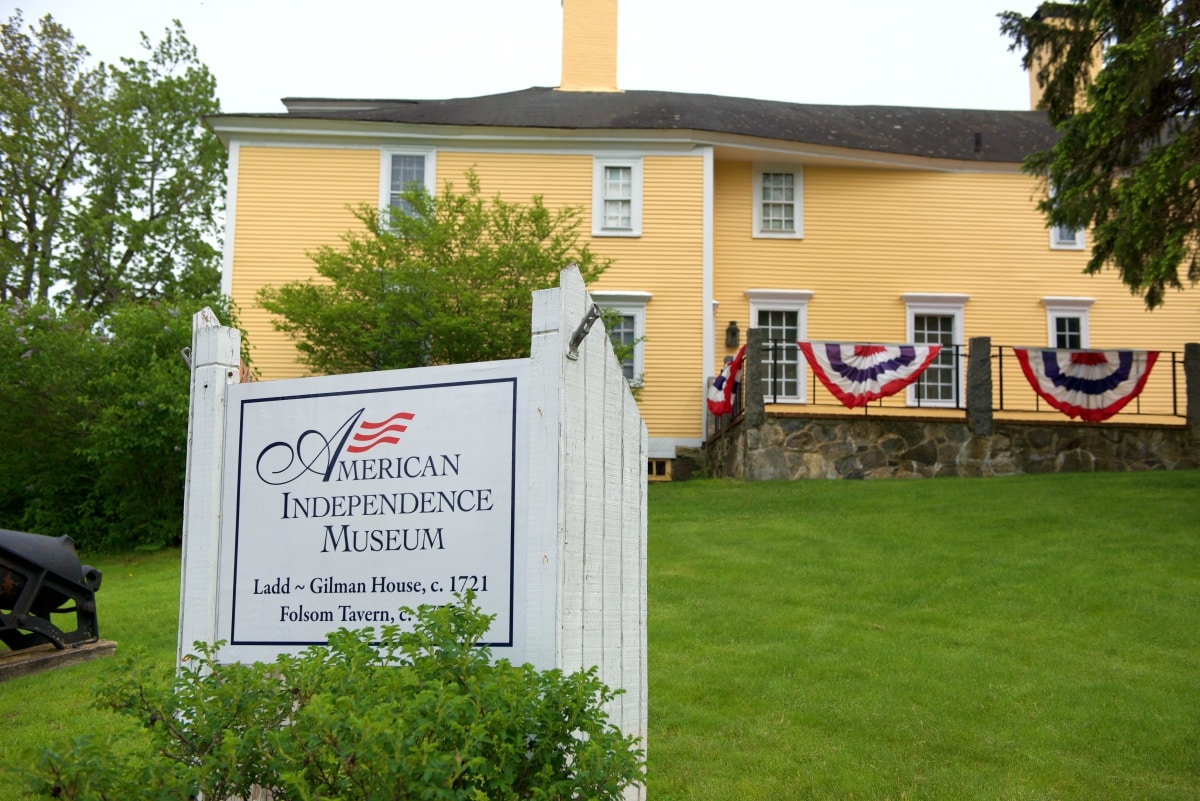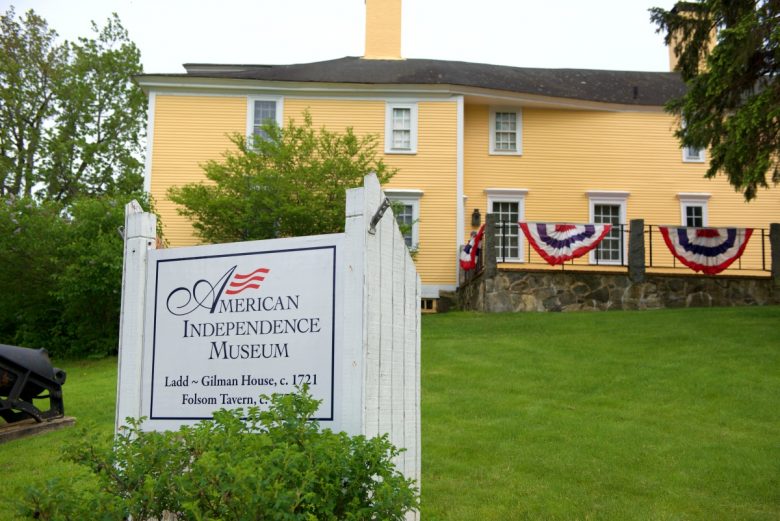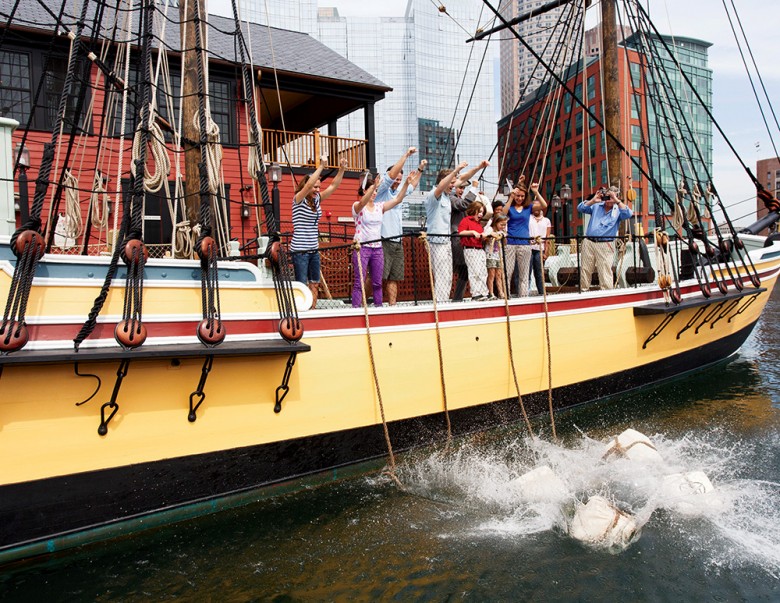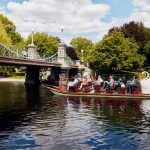New England
Guide to New England Revolutionary War Sites & Events
Admire an original copy of the Declaration of Independence, hear the musket fire at a Patriots’ Day reenactment, and learn about a treasonous massacre at these New England Revolutionary War sites and events.

Coffee By Design | Portland, Maine
Photo Credit : Katherine KeenanGuide to New England Revolutionary War Sites & Events

Photo Credit : Mark Fleming
American Independence Museum
Get a refresher on our nation’s history at this trim little museum located in the Ladd-Gilman House, a National Historic Landmark and the 1775 home of a New Hampshire state treasurer. You can peek at an original copy of the Declaration of Independence, visit the room where George Washington ate breakfast, and peruse thousands of items from the American Revolution as well as seasonal exhibits. Revolutionary War Event: American Independence Festival In July, the museum hosts the American Independence Festival, where visitors can interact with costumed interpreters, watch battle reenactments, and enjoy food, fireworks, and live music. See more.Minute Man National Historical Park
Minute Man National Historical Park encompasses land in Concord, Lincoln, and Lexington, Massachusetts, and commemorates the opening battles of the American Revolution in 1775. The majority of the park is a narrow strip of land on either side of Battle Road, with the Minute Man Visitor Center in Lexington at one end and the North Bridge Visitor Center in Concord at the other. Revolutionary War Event: Patriots’ Day Reenactments at Concord and Lexington Each year at 6 a.m. on April 19 (the anniversary of the battles), the North Bridge is the site of a 21-gun musket and cannon salute, and on Patriots’ Day (observed in Massachusetts and Maine on the third Monday in April), the Lexington Minutemen reenact the first engagement at dawn on Lexington Battle Green. A few hours later, you can also catch British and colonial re-enactors commemorate the Concord North Bridge battle with musket fire and a parade. See photos.
Photo Credit : Michael Blanchard Photography/Boston Tea Party Ships & Museum
Boston Tea Party Ships & Museum
It may be nearly 250 years later, but let’s face it: Reenacting one of the American Revolution’s best-known acts of rebellion just never gets old. On the authentically renovated wooden ships in the heart of the city, visitors can soak up the cathartic thrill of dumping tea overboard after a quick history lesson via the holographic displays and films, then peruse the authentic tea chests from the original protest. Revolutionary War Event: Boston Tea Party Reenactment Taking place each year on December 16, the spirited reenactment of the 1773 Boston Tea Party is terrific, historic fun. Learn more.The Freedom Trail
Hoping to pack in a full calorie-burning day of Revolutionary War sites, history, and trivia? Boston’s Freedom Trail is a 2½-mile self-guided walking trail that begins at the Boston Common and ends at Bunker Hill Monument in Charlestown. Along the way, it passes through Faneuil Hall (the scene of many protest meetings against Parliamentary acts); the Old South Meeting House (where the Boston Tea Party began); the Old State House (site of the Boston Massacre); the Old North Church; Paul Revere’s house; and the U.S.S. Constitution, among other stops. The route is marked with red bricks or a painted red line along the walkway. Guided tours are also available.
Photo Credit : Aimee Seavey







